We run an annual series of in-person talks on a range of local history topics. Talks are held at Cley Village Hall starting at 2:30pm, unless otherwise stated. Attendance is currently £3 for members, £6 for non-members.
Attendees should check this page and membership emails before travelling in case of any last minute changes to the programme.
Current Programme
- 29-4-25 The Real Margery Kempe
- 30-9-25 Pilgrim Hostels in Walsingham – the remaining evidence
- 28-10-25 Introduction to the Commonwealth War Games Commission
- 25-11-25 German Prisoners of War in Norfolk: A forgotten history from the Great War
Tuesday 24th September 2024 at 2:30pm at Cley Village Hall
The Meaning of Geese – a thousand miles around North Norfolk on a creaking bicycle
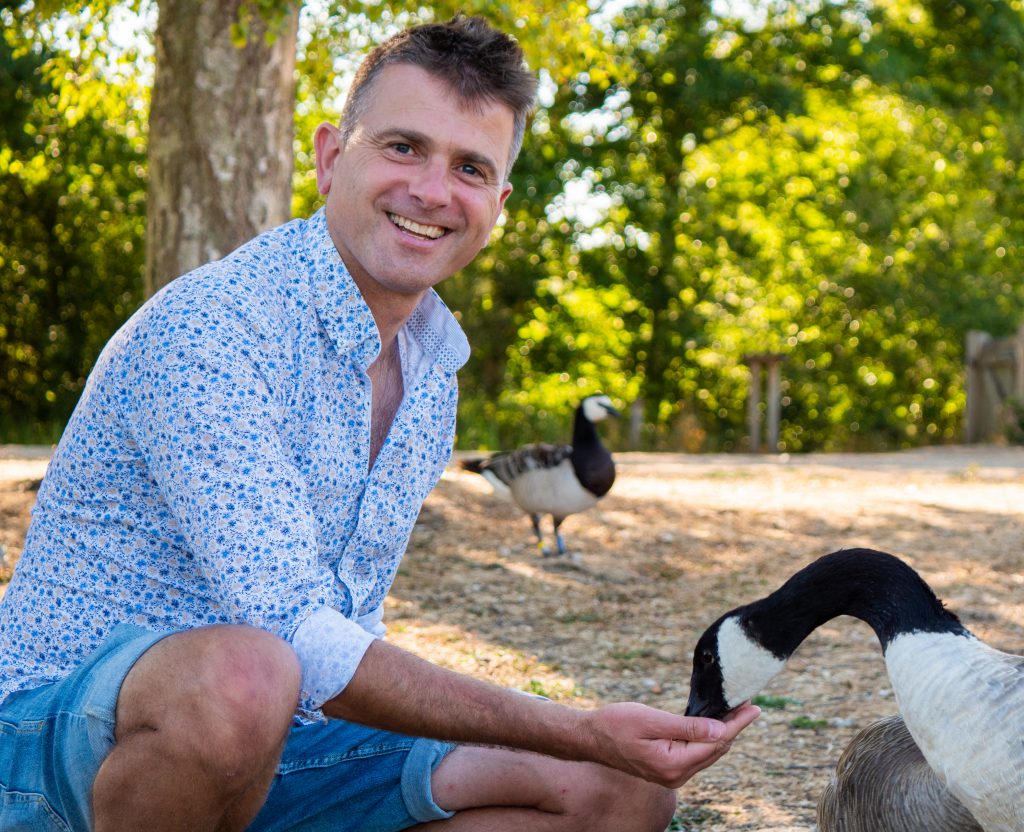
Nick spent Covid lockdowns observing Arctic geese as they overwintered in the county. Over seven months, he cycled 1,200 miles around Norfolk on his mother’s 42-year-old bicycle, watching brent and pink-footed geese, writing up his observations in a diary.
Nick’s experiences led to a book, ‘The meaning of geese: a thousand miles in search of home’ which was the 2023 Book of the Year at the East Anglian Book Awards. It was described by The Guardian as: ‘a gorgeously observed paean to the beauty and complexity of these birds, and the landscape of North Norfolk.’
His topic for BAHS is a playful rewording of his book title: “The Meaning of Geese – a thousand miles around North Norfolk on a creaking bicycle.” While his extraordinary journey is recent history, his observations on the geese, whose abundance in North Norfolk is threatened by, amongst other things, climate change, are an important historical record for naturalists of the future.
Nick Acheson, is a Norfolk born naturalist, ambassador for the Norfolk Wildlife Trust and grandson of a Blakeney doctor.
Nick Acheson
Tuesday 22nd October 2024 at 2:30pm at Cley Village Hall
[Please note this is not our normal last Tuesday of the month]
What has the Norwich Society ever done for Norwich?
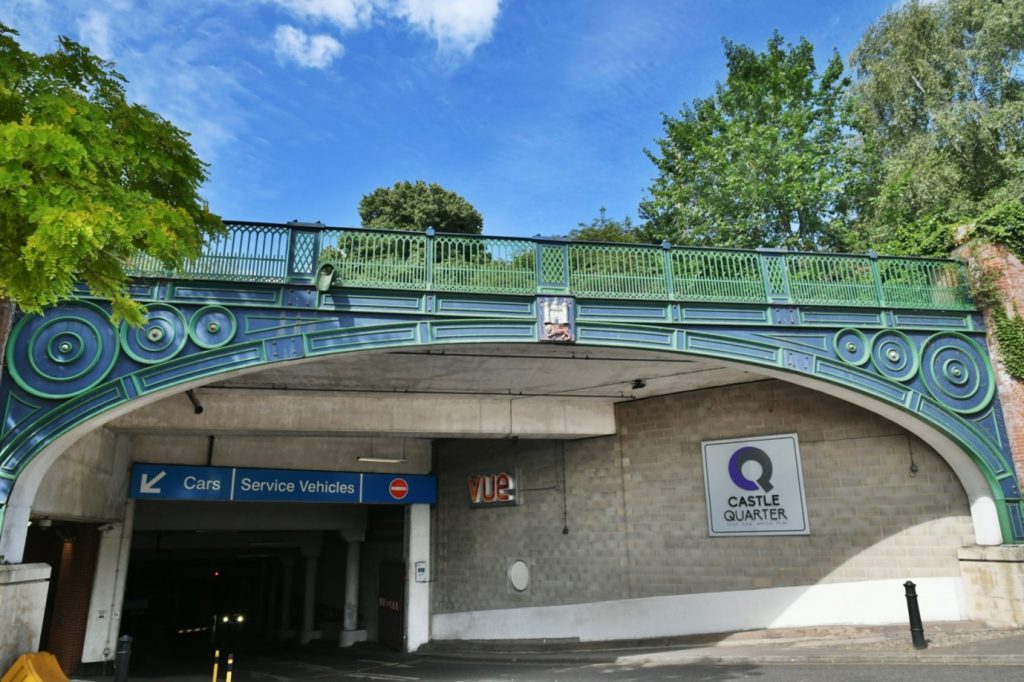
The decision to demolish Bishop Bridge was the catalyst that brought the Norwich Society into being in 1923. This is the story of how they managed to save this part of our Heritage. We then take a virtual route around Norwich which also covers many of the other successful campaigns to protect Norwich’s heritage, (as well as some failures). Without the Society’s activity, Norwich would look a lot different today. The route follows the river to Wensum Street and then moves into the City via Tombland before ending outside the Assembly House.
Jonathan Hooton is a past Chairman of the Norwich Society (2016-18) and was involved in their centenary celebrations in 2023, which resulted in the publication of “Norwich 100: How the Norwich Society has supported Norwich for 100 years”. He has since devised a guided walk around Norwich to point out the many places that owed their survival to the Society, which has been developed into a virtual tour of Norwich.
Jonathan Hooton
Tuesday 26th November 2024 at 2:30pm at Cley Village Hall
The remarkable life of Thomas Fowell-Buxton
Dr Alison Dow
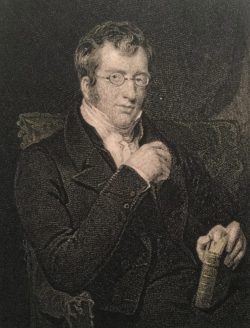
On the wall in a side-chapel of Norwich Cathedral a modest plaque reads – ‘Remember Thomas Fowell Buxton Bt. Member of Parliament Whose Efforts led to the Emancipation of 700,000 slaves on 1st August 1834.’ These simple words commemorate a towering Norfolk hero whose courage, compassion, bravery and tenacity helped change the lives of hundreds of thousands of people. This presentation will bring to life the story behind this inscription. It will look at the life of Buxton himself and the Norfolk and Norwich community that inspired him and supported him though the brutal, decades-long Parliamentary battle that led finally to the end of slavery throughout the British Empire.
Dr Alison Dow was formerly a GP in Mile Cross, Norwich. She was born and brought up in Northern Rhodesia—now Zambia, the country where David Livingstone died and is still revered because of his strong anti-slavery stance. Alison is not the first in her family to undertake research on Africa-related topics—among her relatives she counts some eminent academics specialising in colonial and African history. She is particularly happy to play her part by researching the life of this local historical figure whose role in history has been much overlooked.
Tuesday 28th January 2025 at 2:30pm at Cley Village Hall
Alterations to Blakeney church in the medieval period
Chris Wheeler
Chris is a retired Chartered Surveyor with a fascination for the history of buildings. He is a member of Blakeney’s Parochial Church Council and Fabric Officer for St Nicholas’s Church, Blakeney.
He has become increasingly interested in the early history of Blakeney church, particularly in relation to the East tower and the pre-1435 nave. John Wright, another illustrious member of BAHS has already done some excellent work on the early church and its relationship with the Carmelite Friary at Blakeney. Chris is expanding on that work using the visual architectural evidence available. He will also share his theories around the nave and the mystery of the East Tower.
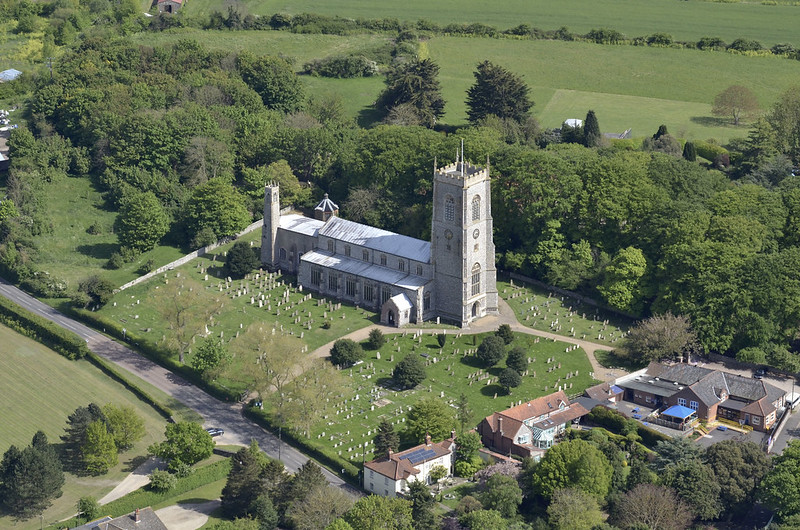
Recent highlights of Historic England’s work in Norfolk
Sarah Poppy
Sarah has worked for Historic England for the previous 12 years, initially dealing with scheduled monuments in the East of England, but more recently advising on the role of heritage in farming and countryside government policy. Historic England is the government’s advisor on the historic environment in England, championing historic places and helping people to understand, value and care for them.
Tuesday 25th February 2025 at 2:30pm at Cley Village Hall
Excavation of a new Anglo-Saxon site in Norfolk
Lilly Hodges
Tuesday 25th March 2025 at 2:30pm at Cley Village Hall
Exploring Norfolk’s Deep History Coast
Dr John Davies
This talk will introduce you to the concept of Norfolk’s Deep History Coast; a place where unique discoveries of international significance have been made, which have transformed our understanding of the earliest human occupation of northern Europe. It will take you on a journey through time, looking at the archaeology, geology, natural landscape and the creatures that have inhabited the area, and provide an introduction to some of the fascinating and beautiful historic sites around Norfolk’s coast.
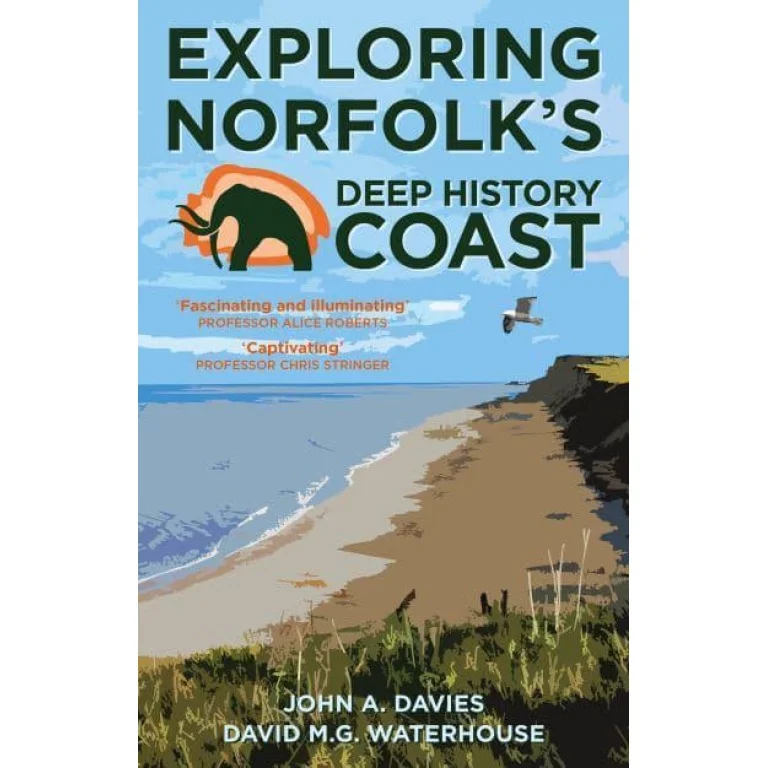
John was Chief Curator for Norfolk Museums Service and Keeper of Archaeology until December 2018. Prior to retiring, he was Project Director for the major project to redevelop the historic Norman keep at Norwich Castle – the largest museum heritage project in the UK. He previously led the Interreg European project ‘Norman Connections’, linking historic sites in Normandy and southern England. He has worked as an archaeologist in Norfolk since 1984 and is a highly experienced museum professional.
Tuesday 29th April 2025 at 2:30pm at Cley Village Hall
The Real Margery Kempe
Susan Maddock
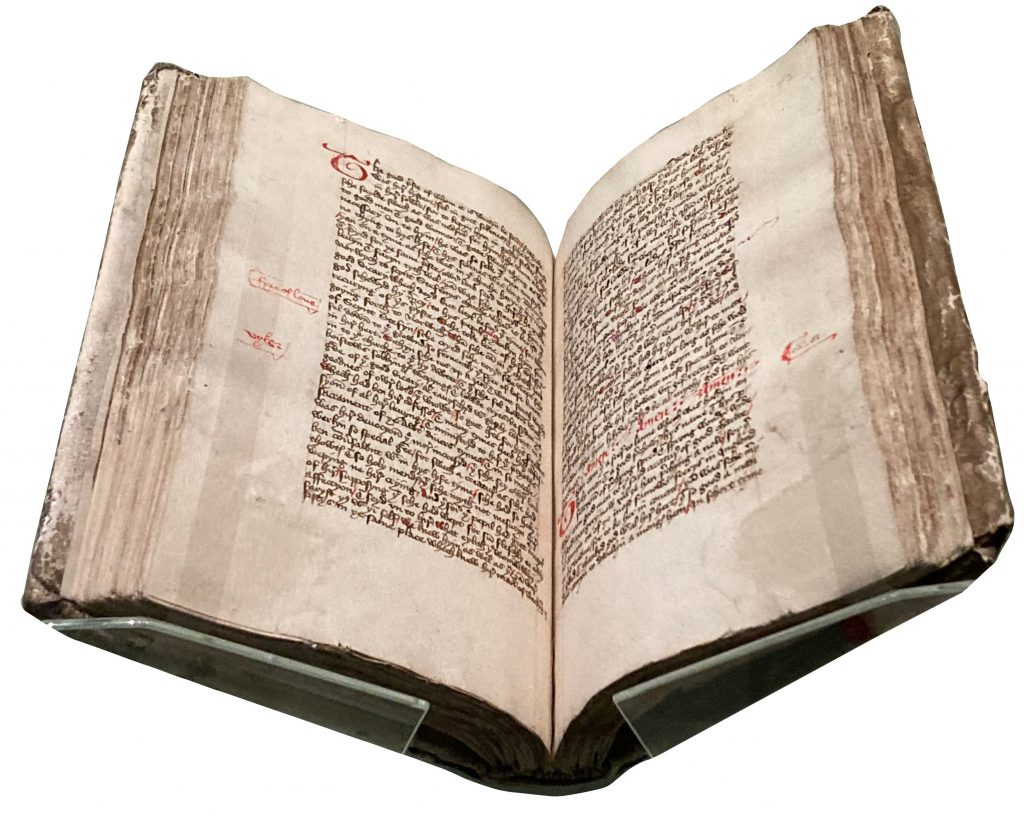
Margery Kempe of Lynn was an independent-minded woman who provoked extreme reactions in her lifetime (c. 1373-c. 1440) and still does. Her book – the earliest autobiographical text in the English language – records her transformation from a young wife who married for ‘fleshly lusts and inordinate loves’ and gave birth to 14 children into a chaste, but still married, woman given to intense religious devotion.
During wide-ranging travels in England and across Europe, she had some intoxicating experiences and made many friends, but was also arrested and imprisoned more than once, shunned or abandoned by fellow travellers, and traumatised by a storm at sea.
A former archivist in the Norfolk Record Office, Susan Maddock was responsible for King’s Lynn’s borough archives for more than 30 years. Now an honorary research fellow at the University of East Anglia, and author of several articles on late medieval Lynn, her research focuses on the social milieu of Margery Kempe’s home town, including her family and other connections. In this talk, she explores some of what we know about the historical Margery Kempe in the light of the latest research.eople to understand, value and care for them.
Tuesday 30th September 2025 at 7:30 pm at Cley Village Hall
Pilgrim Hostels in Walsingham – the remaining evidence
Ian Hinton
Ian will talk about research by the Norfolk Historic Buildings Group, which conducted an in-depth study of the buildings of Walsingham. The research revealed evidence for several very large buildings which were used to house pilgrims in the 15th and 16th centuries.
The internationally important pilgrimage site of Walsingham attracted up to 100,000 people. At its peak almost every building in the town was part of the pilgrim trade.
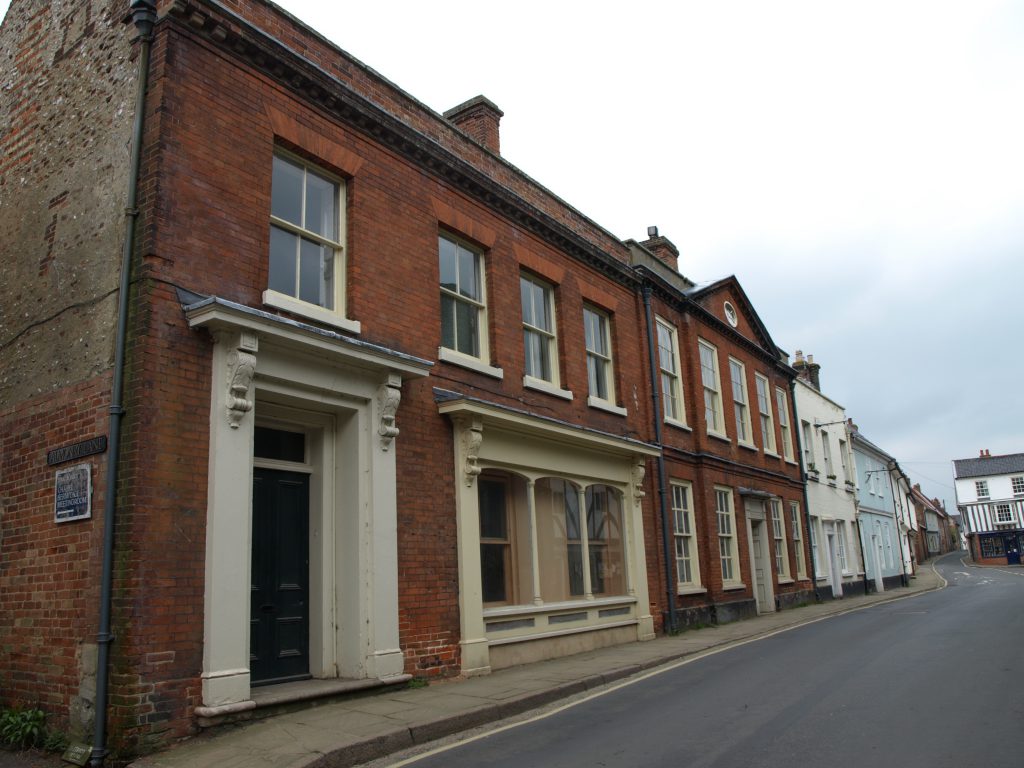
Tuesday 28th October 2025 at 7:30 pm at Cley Village Hall
Introduction to the Commonwealth War Graves Commission
Nik Chapman
Tuesday 25th November 2025 at 2:30pm at Cley Village Hall
German Prisoners of War in Norfolk: A forgotten history from the Great War
Brendon Chester Cadwell
In the early years of the Great War German combatant prisoners of war were held in large internment camps run by the Army. However, none of these were in Norfolk because of the fear of invasion or large-scale raids along the East Anglian coast. By the end of 1916 the threat of invasion had receded, but there was grave concern instead around food security. As the German U-boat campaign continued to menace the Transatlantic trade routes and labour was drained from agriculture and sent to the Front the fear was that food shortages would do what the German army had failed to do on the battlefield.
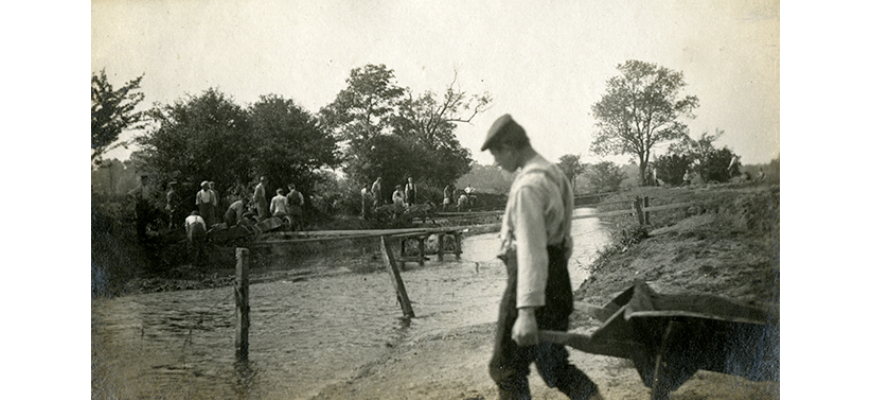
As a response, it was decided to draft in labour using German POWs and from 1917 Agricultural Working Camps were set up throughout Norfolk (as elsewhere) to help boost food production. This talk explores how these camps were setup and organised, what work the prisoners who volunteered undertook, and how they were received by the civilian population.
Dr Brendan Chester-Kadwell is a landscape historian specialising in the historical development of rural settlement, particularly those associated with coastal wetlands. He has published on settlement in the Eastern High Weald, an area that includes the Rother Upper Levels and has researched the development of High Weald wood pastures in the context of early settlement. His PhD thesis (University of East Anglia 2010) was on ‘A Sense of Place in Rural Settlement’.
Brendan also has a background in medieval theology and church history and has undertaken post-graduate research at Birmingham University in ecclesiology. He is currently researching the impact of developments in ecclesiology on medieval church design and is in the process of compiling a compendium of angel roofs in Somerset.
In 2019 he edited and co-authored a book on the Carmelite Friary at Burnham Norton, Norfolk. The existence of a Great War German prisoners of war camp on the priory site at Burnham has inspired the writing of a forthcoming book on such camps in Norfolk with Pat Kadwell.
Tuesday 27th January 2025 at 2:30pm at Cley Village Hall
TBC
Tuesday 24th February 2026 at 2:30pm at Cley Village Hall
Am I not a woman and a sister? The Norfolk Women Abolitionists
Alison Dow
This talk will reveal the pre-eminent role played by citizens of Norfolk and Norwich, and specifically by its women in the campaign to Abolish Slavery in the British Empire – the first ever mass campaign for human rights.
Alison says “my previous talks have been about one of the main leaders of the Abolitionist movement, Norfolk’s Sir Thomas Fowell Buxton. As I researched the life of this amazing man, I came to realise that there were many Norfolk and Norwich women who also played a powerful role in the movement. Amelia Opie, Harriet Martineau and Elizabeth Fry are the most famous but there were many others. The vital role played by these women in the campaign to abolish slavery is all the more remarkable, because they themselves lacked even the right to vote.”
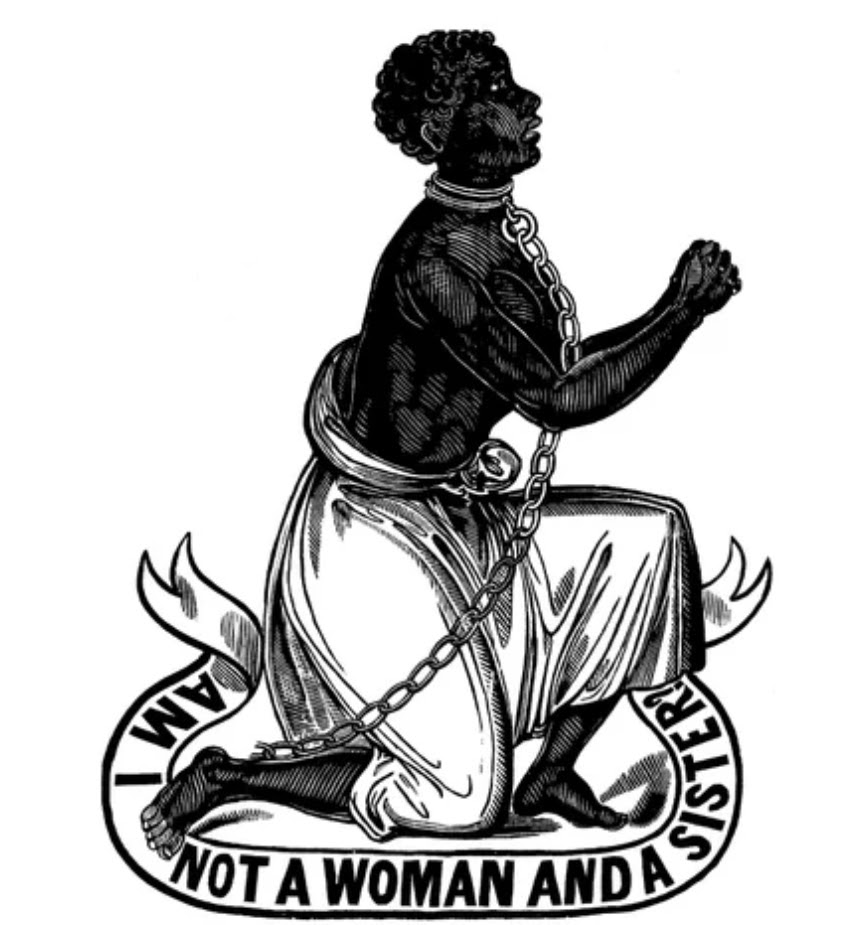
Tuesday 31st March 2026 at 7:30pm at Cley Village Hall
George Skipper in Cromer
Paul Dickson
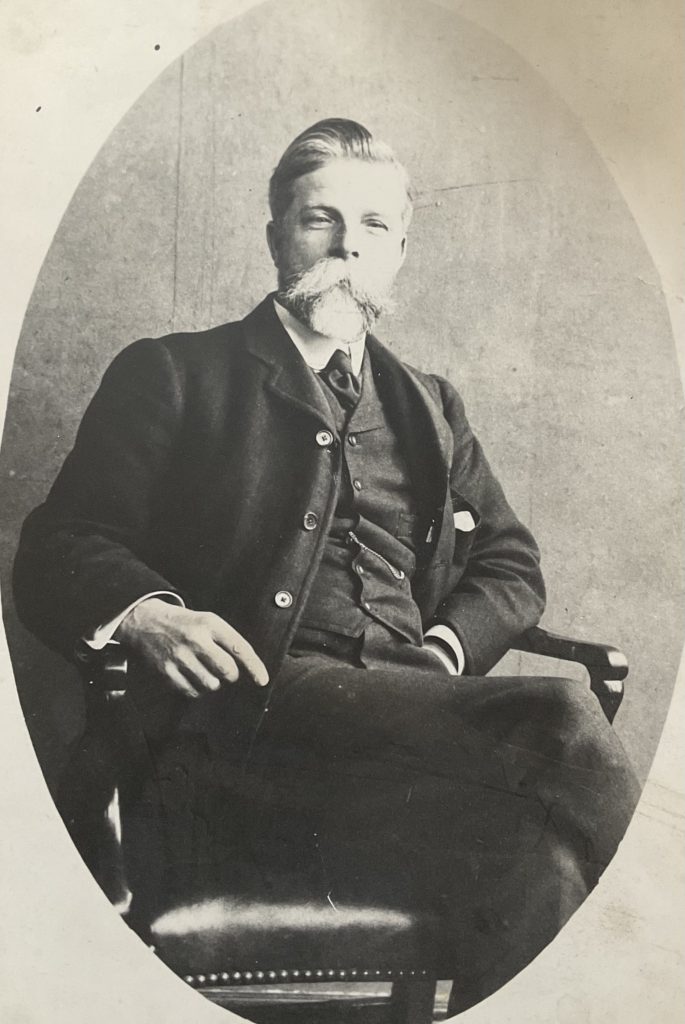
The talk celebrates George Skipper’s architectural legacy in Cromer. He worked on projects there from the late 1880s through to the 1930s. Skipper designed seven hotels, notably the Hotel de Paris and the Cliftonville and Sandcliff on Runton Road.
He was also architect for a range of residential properties on Bernard Road and Vicarage Road, along with Cromer’s first Town Hall and Kingston House, comprising striking residential and business premises just behind the seafront.
Tuesday 28th April 2026 at 7:30pm at Cley Village Hall
Warham Camp archaeological excavations 2023, defining the Iron Age in North Norfolk
Andy Hutchinson
Warham Camp is one of Norfolk’s few ‘hillforts’ and consists of earthworks comprising two
banks and two deep ditches. Hillforts have traditionally been thought of as defensive, though
many would have been used in a variety of ways. Having been dug in 1914 by Harold St
George Gray and in 1959 by Rainbird Clarke, the latest excavations at the camp focused on
determining the date of this stunning site’s construction and establishing what activities may
have taken place within it.
The 2023 investigations involved digging 24 trenches inside the hillfort and three others
within the defences to examine the inner ditch and the base of the earthwork’s banks. Over
3,500 finds were discovered including animal bone, glass and worked flints and 1,405
sherds of pottery.
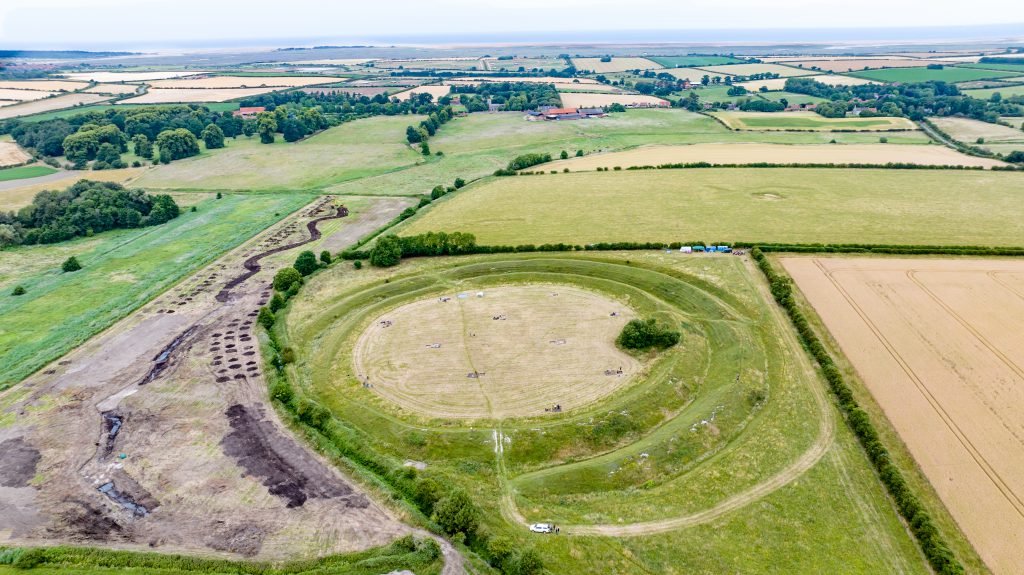
While the scientific analysis and study of these artefacts and environmental samples is still
ongoing, the project has already revealed some fascinating insights into this enigmatic
monument. Unlike other “developed” hillforts found in Southern England, such as Danebury
(Hampshire) and Maiden Castle (Dorset), Warham Camp does not appear to have been
intensively lived in during the Iron Age. Instead, the archaeology suggests that occupation
was periodic and did not result in significant structures, such as large houses, being built.
During the 3rd and 4th centuries AD some metalworking was taking place though, again, this
did not require the creation of major buildings, showing the fort was reused as a base for
industrial work at the end of the Roman period.
